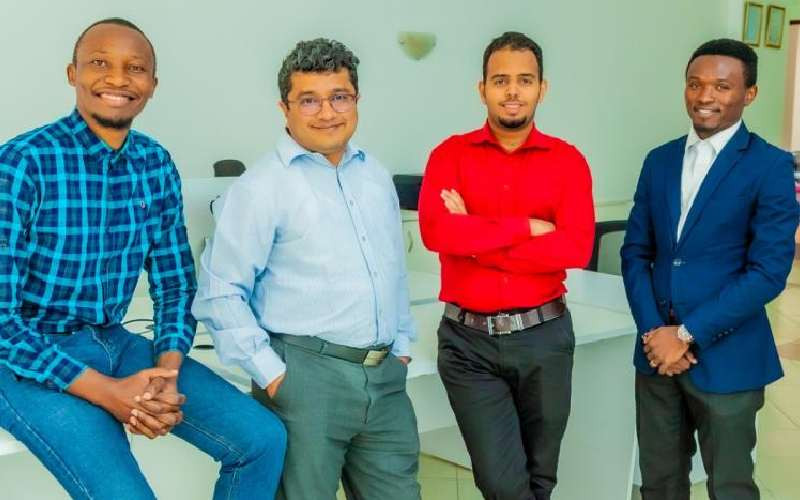×
The Standard e-Paper
Kenya’s Boldest Voice

There are lessons in failure that can propel entrepreneurs. Take the case of Solutech Ltd, a thriving tech firm founded by four friends in 2014.
The start-up was birthed after the painful collapse of a company that had employed three of Solutech's founders.